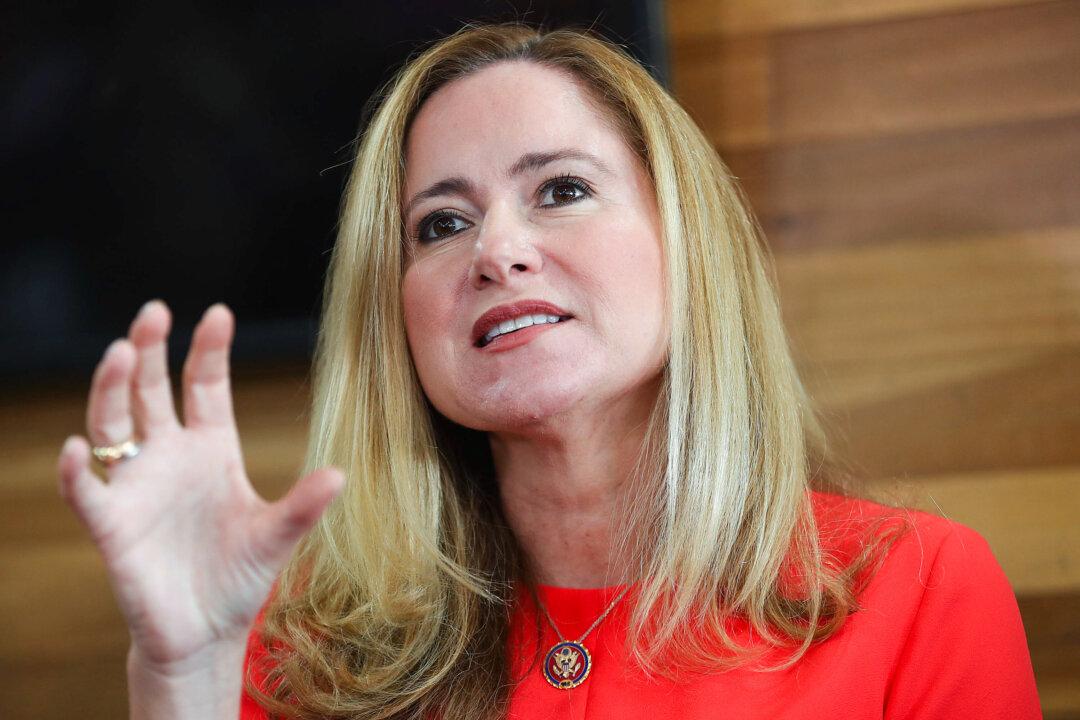Former U.S. Rep. Debbie Mucarsel-Powell will take on Sen. Rick Scott (R-Fla.) in November after both easily won their party nods in Florida’s Aug. 20 primary elections.
Mucarsel-Powell, 53, ousted after one term from her South Florida House seat in 2020 by former Miami-Dade County Mayor and current U.S. Rep. Carlos Giménez (R-Fla.), had notched more than 677,000 votes, 69 percent of the Democrat ballot, when the Associated Press (AP) called her race at 8 p.m. to earn her Nov. 5 ballot berth.





